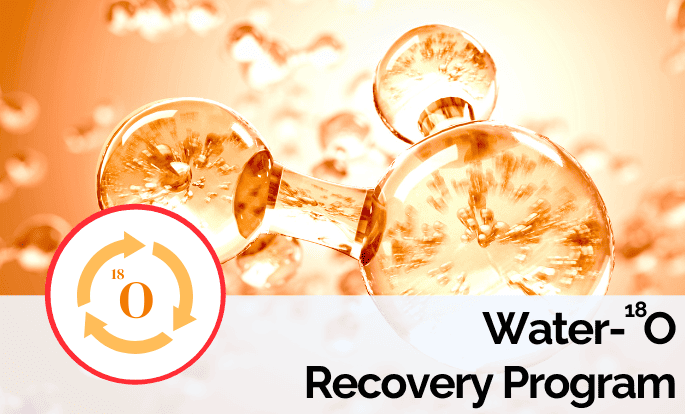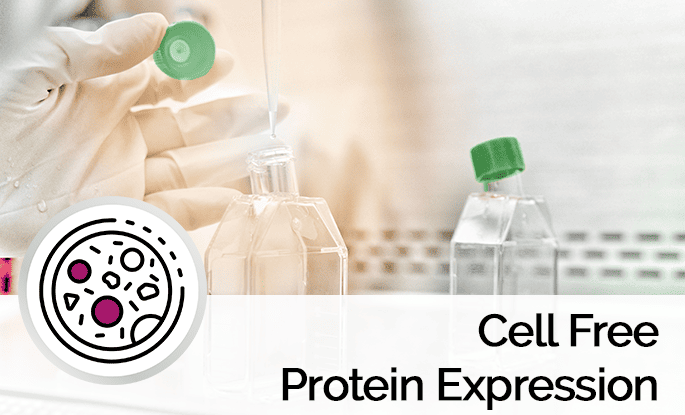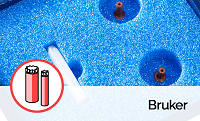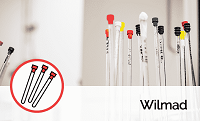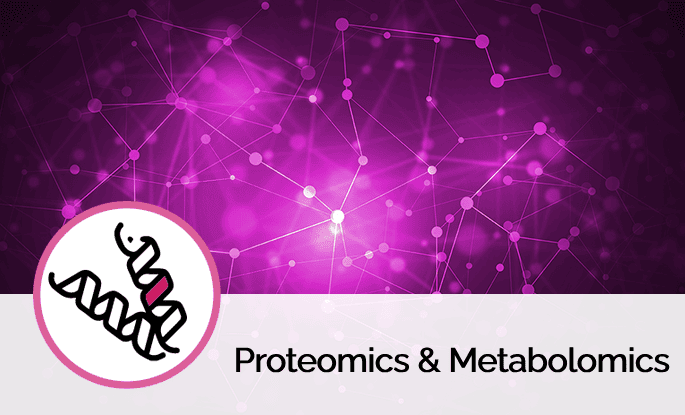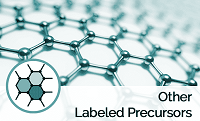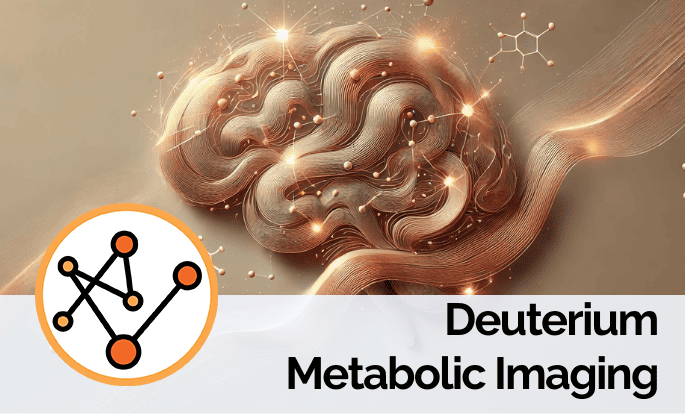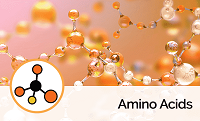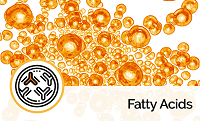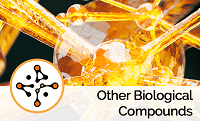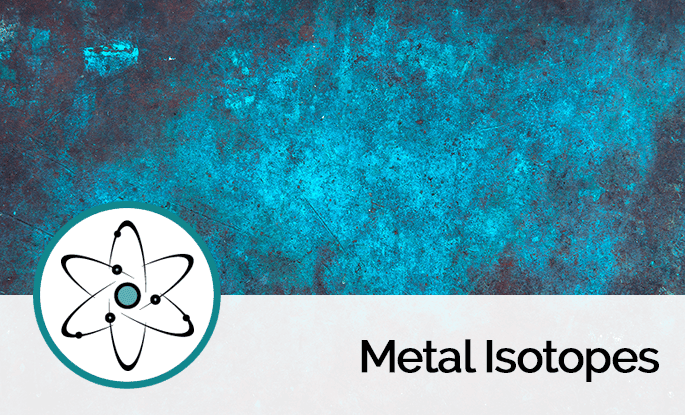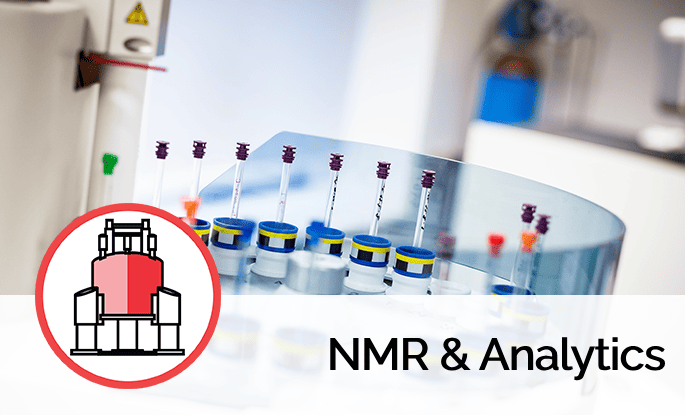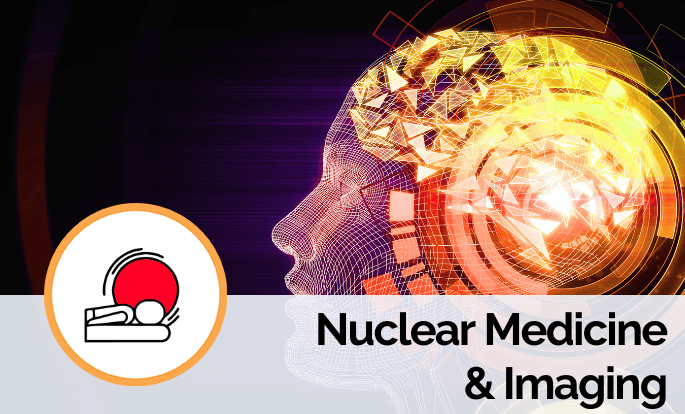Magic-angle spinning (MAS) solid-state NMR is a versatile tool that has found interest for the structural and dynamic analysis of pharmaceutical materials. On its own or in complement with other analytical techniques, ssNMR has allowed the characterization of polymorphs, solvates, salts, co-crystals, chemical identification, the determination of the number of independent molecules in crystals, the analysis of formulations (stability, interactions, miscibility), quantitative analysis of mixtures, the determination of amorphous content, potential dynamics, etc.
13C is the primary nucleus used for pharmaceutical solids, as the corresponding CPMAS NMR spectrum provides a fingerprint of the molecular structure of the API or excipient(s). Relaxation time measurements (T1 ,T2, T1r of 1H or 13C) provides information about dynamics, or size domains in formulations.
1H nucleus in pharmaceutics was long ignored due to the large dipole-dipole coupling between the protons that leads to very broad unresolved peaks on the 1H MAS NMR spectra. The development of homonuclear decoupling (DUMBO, wPMLG, etc) and more recently the availability of ultra-fast MAS (commercially up to 111 kHz) allows partially retrieving 1H resolution, hence leads to a reconsideration of 1H MAS NMR spectroscopy. In particular, information about hydrogen-bonding could be obtained through 2D 1H-1H, 1H-14,15N, or even 1H-17O, provided prior 17O labeling. When isotopic labeling is necessary, the use of small diameter rotors (0.7 mm) allows using minor quantity of labeled compounds.

1D 1H (left) and 2D 1H-1H (right) MAS NMR spectra of a crystalline API. The nice resolution obtained at high-magnetic field under fast MAS condition allows detailed analysis of hydrogen-bonding network.
Dynamic nuclear polarization under MAS (DNP-MAS) has recently developed as a great a complement to MAS as it allows detection of minor species in formulations, and opens the possibility of performing challenging 2D MAS NMR experiments at natural abundance (13C, 15N).
Deuterated APIs are emerging in the pharmaceutical market. From a spectroscopic point of view, introduction of deuteron(s) greatly simplifies the 1H NMR spectra and gives access to dynamics through variable temperature measurements of 2H NMR spectra.

Cortec Industry is pleased to offer MAS rotors, ranging from 7 to 0.7 mm, as well as radicals (TEKPol, AMUPol) for DNP-MAS.
Cortec Industry also offers a wide range of stable isotopes to optimize your sample preparation: H217O, 13C, 15N, 2H. For specific stable isotope labeling, please contact our dedicated platform.



